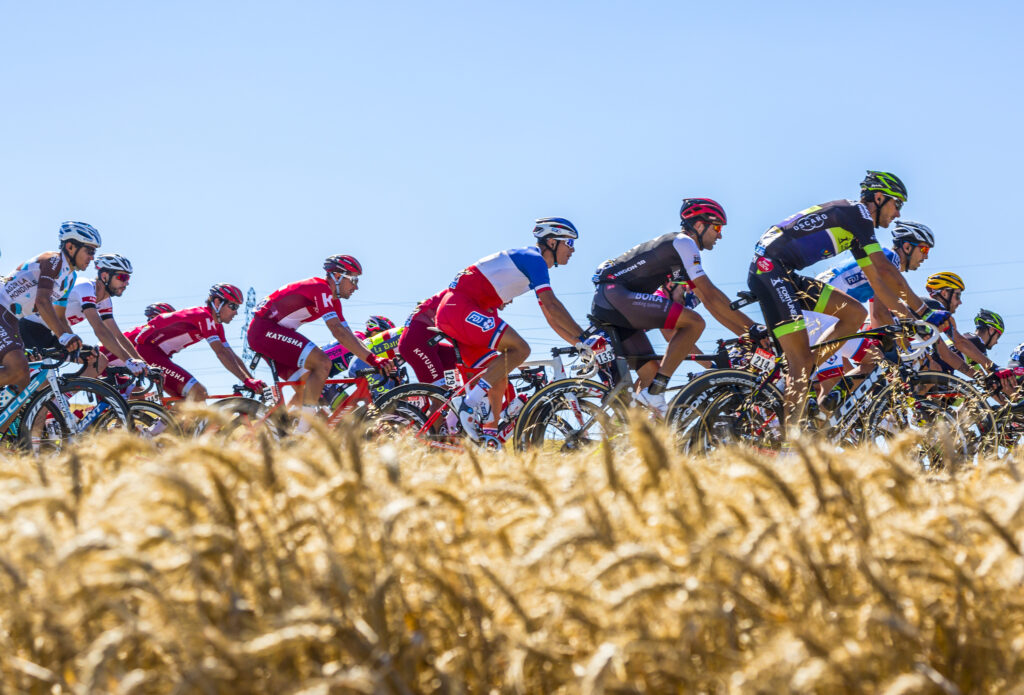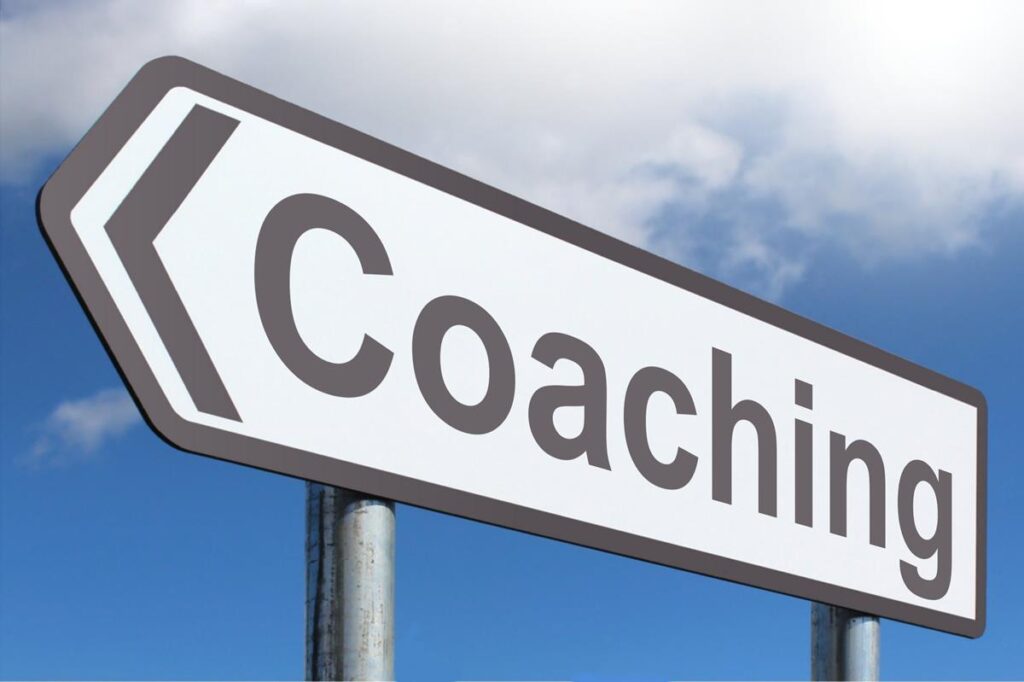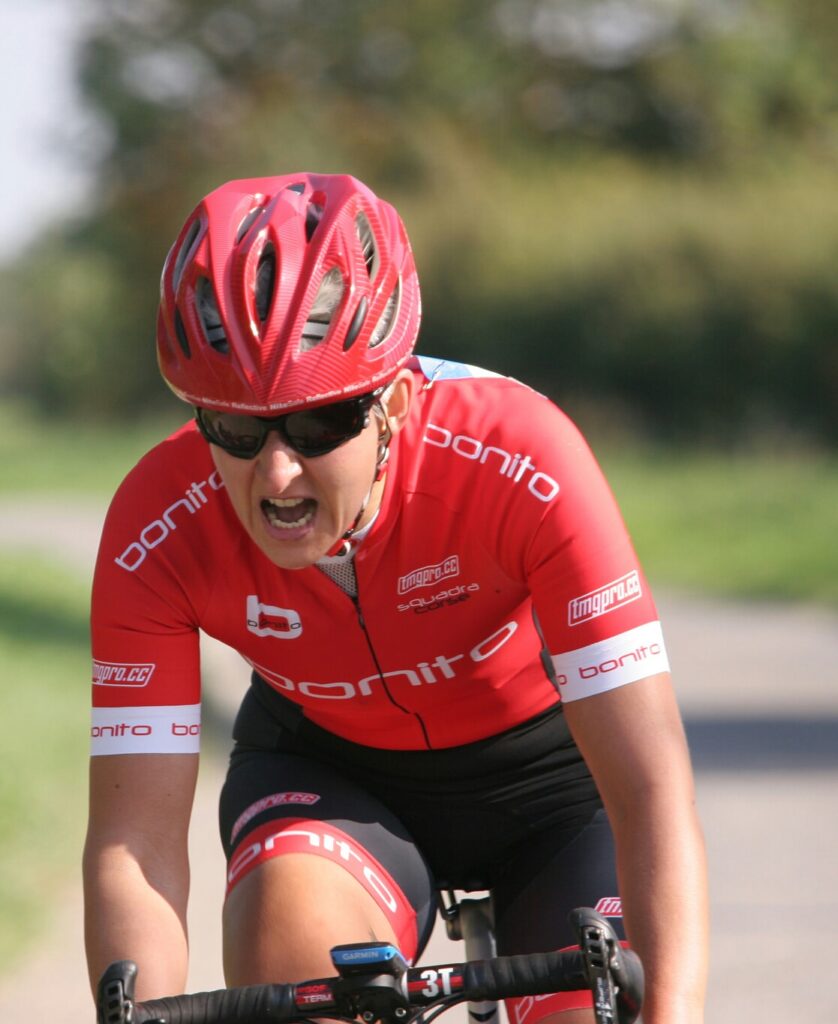I appreciate the 2022 road season hasn’t yet come to a close but now is a good time to think about your cycling coach for this winter and into 2023. In this article I cover some of the reasons why it’s time to think about who that might be.

‘If it ain’t broke don’t fix it’
We’ve all heard this saying and it applies to many walks of life. Coaching is no exception and so I wouldn’t advise changing coach if things are going well. If you are making progress and have a good working relationship with your current cycling coach then you should stick with them.
In deciding whether to stick with your coach, or not, remember to distinguish between performance and results. Your performance should be improving but this isn’t always related to results. For example, some new riders may enter your league and you finish lower than expected. However, your power profile is better, you’ve made technical improvements and you are enjoying your racing more than ever. Your performance has improved but your results have got worse. Is changing your coach going to improve the results? Probably not.
Provided your current coach is well qualified and experienced a new coach is unlikely to have a radical new way of training that’ll give you large gains. Remember, the ability of other riders is something you can’t control. You just have to be patient and keep training and learning with the belief that, in the long run, you’ll keep improving. If you and your coach are doing the right things then the results should come. The best athletes in the world are marked out by their dedication to processes, more so than the outcomes.
The working relationship with your cycling coach is criticaL
Developing a close working relationship with a coach can take a long time but it is hugely important. A good coach will know how you ‘tick’ and if your cycling coach has been instructing you well, you’ll have a decent understanding of their coaching philosophy. I like to develop a collaborative relationship where both the rider and I take joint responsibility for the coaching. Breaking such a relationship, I believe, is counterproductive. Even if it can be re-established with the new coach it’s going to take valuable time.
This is where I have found cycling to be a little out of step with other sports. I’ve regularly taken riders into the higher levels of competitive cycling only to lose them. Not because the rider doesn’t like me as a coach, but because a professional or national team wants all riders to use their staff. In other sports it is quite common for the athlete’s coach to be brought into the fold of the national team. This is not only good for the coach’s professional development but also for the rider as they can stick with the coach who has already done excellent work bringing them to the required level.
When to change your cycling coacH
I would advise changing coach if anything I have described in the previous section just isn’t happening. Is your coach explaining the training? Are they fully involving you in the process? Is your performance improving? Are they supportive and understanding? Do you get feedback on your training data? Is the relationship working? If the answer to any of these questions is ‘no’ then it may be time to look elsewhere.
There is no ‘secret sauce’ or ultimate interval
There are many coaches out there that take the attitude ‘my way or the highway’ and I personally think this is ridiculous. A coach adopting this approach clearly has a big ego and there is no room for a coach’s ego in the relationship.
You may also meet coaches who are very secretive about their methods. Either they can’t or won’t explain what they are doing and resent a rider’s input. These coaches lack knowledge or confidence in their abilities and try to disguise this by avoiding answering the difficult questions. My view is that there is no ‘secret sauce’ and you shouldn’t be paying good money to not know why a particular form of training has been set.
Hyperbole is something you have to watch for. If they can’t explain in simple language why you are doing something then they are possibly trying to disguise their ignorance. The physicist Richard Feynman was known as the ‘great explainer’. He could explain some of the most complex physics in simple language. A good coach should be able to do the same for the training they prescribe.
Finally, some coaches go to great lengths to poach talented rides off other cycling coaches. Why? Because it makes them look good and good riders will always flatter coaches with their great results. This is one reason why I work with riders of all abilities – it’s helped me to learn my trade, more so than working with world class professionals.
Use your time to shop around for a good cycling coach
Taking time before the end of one season and the start of the preparatory cycle for the next season to look for a coach will pay dividends. I had one rider actually start talking to me at the beginning of one road season nine months before we would start working together. He did this so I could get to know him and follow his season prior to the coaching starting. He’s the only one to do this but it ensured we were a good fit before starting work. I was in the privileged position to monitor him over the course of the season and to discuss his training needs well in advance of the winter.
I don’t think it is always necessary to plan that far ahead. But what you do need is time to interview a few coaches. I never pressurise a rider into working with me or employ a hard sales pitch. This is not a great way to start the coaching process. The potential new rider needs space to make their decision and to decide which coach is the best fit. Personally, I take great pride in being able to work with all the riders who approach me and I put the rider’s concerns above my own. But I understand a rider needs to feel comfortable working with me too.
Have time to get to know your new cycling coach
It always takes a little time to get to know your coach and for your coach to get to know you. Not just on a personal level but from a training perspective. Very simple things like learning the shorthand the coach uses for writing sessions can take some getting used to. I also don’t use training zones in the same way as many other coaches so it is important a rider has time to learn my approach and ask questions before the winter training reaches a critical period.
Having said that, there are many examples of riders coming to me mid-winter, or even mid-season, and hitting the ground running so it is possible to fast track the process if required.
Allow time to review and plaN
At the end of the season it is important to review your performances and the training to identify areas for improvement. This planning process doesn’t have to wait until your last race when it is arguably a bit late. Besides, a good coach should continually review during the course of the season. Some time before the winter break all the information has to be brought together and a plan for the following year written.
Writing the plan in good time allows you to relax over the end of season break knowing that everything is in hand. For example, how long will you take for your winter break? And, when you return to training what order will you do things?
If you don’t have this planned your break could be spoilt with unnecessary worry followed by panic training. Having adequate time to plan with your new coach is important and will help get the new relationship off to a good start. Furthermore, the prospect of exciting new training can make the short days and bad weather of winter slightly less daunting!
What to do if you are considering me as your cycling coach
If you are interested in using me as a coach feel free to drop me a line through this website or give me a call. I’ll happily talk to you about your coaching needs, free of charge, and explain more about my methods. I feel it is important to take time to listen to potential new clients so I can design training specifically to their requirements. My plans, even the lighter touch plan, are all individually tailored as I believe that it is the only way to get good results.
As I repeatedly state, there are no secrets, so I’ll gladly explain the approach before you commit to working with me.


